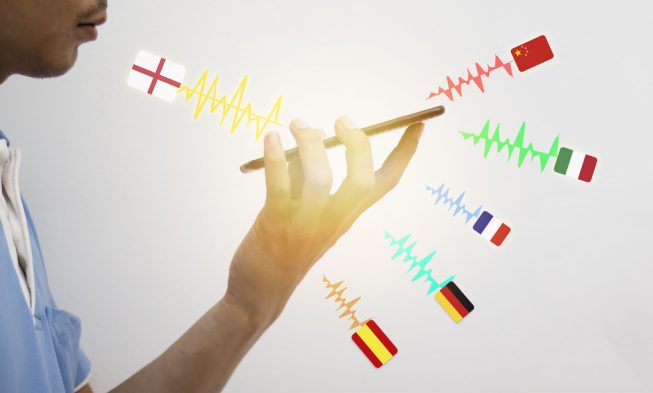
Do You Know the Difference Between an Interpreter and a Language Translator?
Interpreters and translators need to be deeply in love with language to flourish in their professions. Although the similarities between the two are extensive, the primary distinction is quite simple: their selected medium of expression. Interpreters and translators both have great expertise of linguistics, and their professions enable people to understand the words of other languages in their own tongue.
What Does an Interpreter Do?
An interpreter needs to be entirely fluent in at least two languages, whether spoken or signed, and be able to hear the initial spoken sentence, keep it in their memory, and then properly recite it in a different language. This takes place all the while keeping the original significance and all prior to duplicating the very same treatment in the opposite direction and language.
They need to do this over and over once again to be a reliable interpreter. On the other hand, they might just have to hear and translate a bachelor’s speech, made no less difficult for its length. It is necessary for an interpreter to think quickly and be a positive speaker.
What Does a Language Translator Do?
A translator’s career involves written languages. Some translators concentrate on technical writing, like instructions or instruction manuals; others are concurrently translators and creative authors, altering poetry, stories, even whole books into another language without losing the sensation of the initial text.
Poetry can be specifically challenging, as it often needs keeping a certain meter and rhyme pattern that is not easily discovered from language to language. Many translators work only by equating a language into their native tongue, as very few individuals are talented enough to be effective authors in more than one language.
What is the Distinction Between the Two?
The greatest distinction in between interpreters and language translators is that translators focus on altering languages in the written form, while interpreters are oratory. From this there are more differences. Because of the nature of their medium, translators are enabled access to tools to help them like dictionaries, thesauruses, and other reference materials.
Interpreters, on the other hand, must be able to switch in between languages efficiently and right away, without referencing anything however the words they are hearing and speaking. Translators have the chance to check reference books to find suitable options, while interpreters need to have the ability to effectively retrieve references that alter the meaning from one culture to another culture from the air.
While the education requirements are very similar, the working environments can be very different. To get work, they generally require at least a bachelor’s degree, although it might be sufficient to be fluent in a minimum of two languages. However, a translator might be entirely self-taught and self-employed. While lots of interpreters are also self-employed, they are also very frequently found in schools and hospitals, or even international companies.
SUBSCRIBE TO OUR NEWSLETTER
If you liked this article, then please subscribe and get the new articles in your mailbox.







